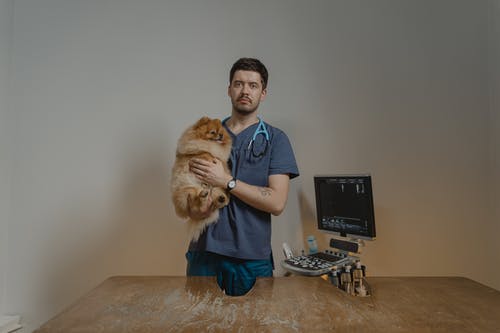Our hearts care about our pet’s health. We want to take the right steps when we suspect that our dog is sick. However, distinguishing between minor ailments and health issues that require immediate care isn’t always simple. It’s crucial to be prepared for and identify the signs of serious dog health problems.
Common Pet Emergency Situations
You return home at night after work, and you find your pet behaving strangely and refusing to consume dinner. Or, after a lively game of fetch with other dogs in the dog park, Your Fido returns to the park limping and crying when you attempt to get him to relax. In the same way, you might awake to discover your cat retching in the hallway after having a full night of vomiting.
Nonetheless, the following grave circumstances are often encountered:
Poisoning
What do you do if the pet you love drinks or consumes something toxic? First, it is important to identify the substance and the amount your pet consumed while looking for veterinary care like Tulare-Kings veterinary emergency services. Your veterinarian will want to know the basic information to ensure that you are prepared to receive treatment upon arrival. If you have a package or a rough estimate of the amount your pet consumes, it can be extremely useful.
It is recommended to use the Pet Poison Helpline, and the ASPCA are excellent sources for pet owners to read. They provide details on every substance, such as plants and foods. In the event of a pet being poisoned.
Pancreatitis
Another reason for pets to visit the ER is the possibility of pancreatitis. This is particularly true in the case where the dog receives rich and fatty food during the holidays. Pancreatitis symptoms include a loss in appetite, nausea, and abdominal pain.
Acute Injury
An accident that occurs when a vehicle is involved or a collision with an animal could be more frightening. The first action is to take your pet safely (i.e., away from traffic or the attacker’s threat) (ensuring your security). Then, when taking your dog to a pet emergency clinic, stabilize them using boxes, towels, or other things. While you’re on the way, most hospitals will provide you with instructions regarding stabilization.
Choking
Dogs, especially, are curious about all things and utilize their mouths to look at objects that range from small to huge. Choking on balls, toys, or other items can result in a life-threatening emergency. Suppose the thing in question is visible and easy to remove; take it off. If your pet has trouble breathing, bring them to a hospital immediately. While your pet is not at risk of being choked, a swallowed food item could be entangled within the digestive tract and create serious health issues.
Bloating
Bloat occurs due to the accumulation of gas that causes stomachs to spin or twist, which puts tension on the diaphragm. The result is that breathing can become difficult. If not addressed promptly, the bloat could be fatal. For more information on other health issues, you can visit their website.
Convulsions
Seizures of any kind are a cause for concern. Contact your veterinarian right away. However, suppose your dog’s seizures last longer than a couple of minutes. In that case, you should cover him with a blanket, keep your hands off of your dog’s mouth, and bring your pet to your nearest emergency facility.
Seizures can be a sign of serious health problems like epilepsy, metabolic disorders, brain tumors, and poisoning. In addition, the effects of seizures can be life-threatening.
Final Thought
If you’re worried regarding concerns about the health of your dog, you should seek urgent veterinary care. You’re experienced sufficient with your dog to be able to tell any signs that something is not right. Also, you care for your dog enough to avoid taking risks. Finally, remember that vets care for animals and are aware of your concerns.








